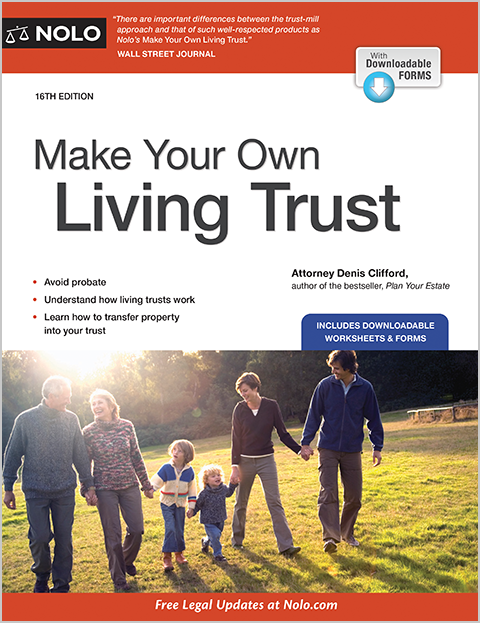Commercial restrictions and social distancing make it harder to finalize many legal and financial documents.
Many common legal documents must be notarized or witnessed to be legally binding. For example, mortgage documents and financial powers of attorney (POAs) must be notarized. Wills, on the other hand, require witnesses, as do the advance health care directives of many states. Are there ways to get documents notarized or witnessed online or remotely?
The article below discusses procedures in place during the early phases of the COVID-19 pandemic. Since then, many permanent remote online notarization procedures have been cemented, and electronic wills are also permanently available in a handful of states.
How to Notarize Documents While Under Coronavirus Restrictions
To have a document notarized, you must physically appear before the notary public. You don't always have to sign the document in front of the notary, but at the very least the notary must see you as you prove and acknowledge that you are the signer. In these times, states are reconsidering what it means to "physically appear," frequently allowing notaries to do their work online.
Even before the COVID-19 pandemic, some states passed laws and issued regulations allowing remote online notarization (RON) so that notaries could acknowledge documents without in-person meetings. Early adopters included Florida, Kentucky, Michigan, Minnesota, Montana, Nevada, Ohio, Tennessee, Texas, Utah, Virginia, Washington, and Wisconsin. During the coronavirus crisis, the vast majority of remaining states either temporarily authorized remote online notarization (but these emergency measures may have expired) or fast-tracked laws that permanently permit remote online notarization.
Check whether your state allows remote online notarization. For more information, you can also consult a local mortgage professional or estate planning lawyer or contact your secretary of state's office, which is in charge of regulating notaries in most states.
If you must have a legal or financial document notarized and online notarization isn't available to you, see the next section of this article.
Getting Creative: Witnessing and Notarizing Legal Documents In-Person
If your document requires witnesses, most states require you to sign the document while the witnesses are watching. Then the witnesses must sign the documents themselves. Some states allow exceptions to this rule—giving you leeway to sign the documents now and have witnesses sign later—but be sure you are clear on your state's law for the specific document you're signing. (Remote witnessing of wills is not yet allowed except in a handful of states.)
If you and your witnesses must sign a legal document together—or if online notarization is not available to you—during a time when there are restrictions on being in the same room together, you may be able to find a creative solution. For example, in the first few months of the Covid-19 pandemic, some notaries met people in parking lots instead of in closed offices. The notary watched through a car windshield as people signed their documents. After this, they found a way to exchange the documents—perhaps by leaving them on the hood of the car to stay six feet away and afterward employing hand sanitizer.
It's complicated, but you get the point. If you must finalize a legal document in person under restrictive circumstances, there are many ways to use windows, doors, and cell phones to minimize physical exposure. Think through your circumstances and surroundings to see if you can come up with an inventive solution that meets the requirements of the law and also keeps everyone safe.
Ready to create your will?



